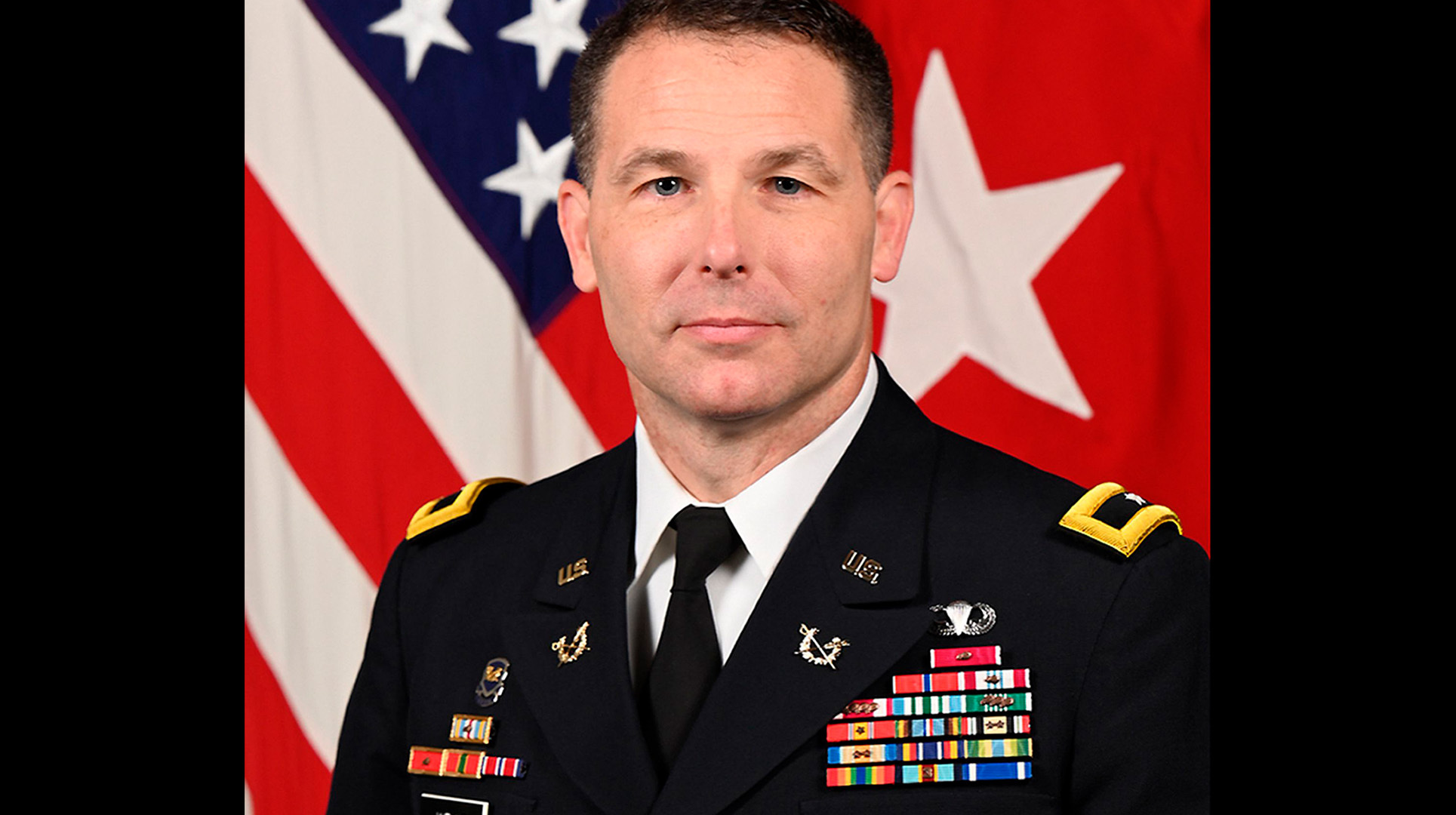

The Army fired its top sexual assault prosecutor last week before he filed his first case after a 10-year-old email surfaced in which he appeared to belittle a victim’s claims.
AP first reported that Brig. Gen. Warren Wells was removed from his job as the Lead Special Trial Counsel on Friday by Secretary of the Army Christine Wormuth. Wells was appointed to the job in December 2022 and his office was scheduled to begin prosecuting cases in early 2024.
In his role as a military defense counsel in 2013, Wells emailed his staff that “you and your teams are now the ONLY line of defense against false allegations and sobriety regret.” He told them they were the only “personal defenders” of troops no lawyers would defend, “even when all signs indicate innocence.
“Congress and our political masters are dancing by the fire of misleading statistics and one-sided, repetitive misinformation by those with an agenda,” he wrote.
At the time of the email, Wells was a Lt. Col. and the Army’s Great Plains regional defense counsel in Kansas. In an email sent to his senior defense counsel, he complained about what he alleged were false allegations by victims. The case that Wells was reacting to in his email later led to the firing of an Army two-star general in Japan for his failure to investigate sexual assault charges in his command, according to AP.
One advocate for reform in how the military handles sexual assault wondered if Wells promotion to the high-profile position was a troubling sign about the Army’s commitment to change.
“The fact that they didn’t properly vet this individual is deeply troubling and speaks to a larger systemic issue and blind spots that persist in the Army and the military writ large,” said Josh Connolly, senior vice president of Protect Our Defenders. “These sort of allegations and this sort of conduct you would think would be the exact things they’re looking for in a vetting process.”
Subscribe to Task & Purpose Today. Get the latest military news and culture in your inbox daily.
In a statement provided by the Army after his firing, Wells called his comments “inappropriate” and said that his intent was “to reinforce that defense counsel were a critical protection for Soldiers accused of wrongdoing.”
“I do not want my comments to divert attention from the excellent work being done by the new Office of Special Trial Counsel to prosecute special victim crimes and care for victims,” he said.
Wormuth’s decision came soon after learning of the 2013 email. Wormuth said the move was “based on a loss of trust and confidence in his ability to lead the Army Office of Special Trial Counsel.”
A spokesperson for Wormuth said the email “negatively characterized developments in sexual assault response at the time and was dismissive of the principle of civilian control of the military exercised by both the Executive Branch and Congress.”
For years, Congress and military advocacy groups have criticized the military’s process of handling sexual assault that lets commanders decide whether to pursue cases and send them to trial. In July, President Joseph Biden issued an executive order revamping that system. The order officially amended the Uniform Code of Military Justice so that instead of direct commanders, independent military prosecutors will deal with cases of sexual assault, domestic violence, murder, and other serious offenses.
The order described the changes as “modernizing procedures to better protect victims and promote fairness before, during and after court-martial proceedings.”
Beginning in 2025, the special trial counsel’s prosecutorial authority will expand to include sexual harassment cases. To handle those cases, the Army created what it calls the Office of Special Trial Counsel, which Wells was picked to lead.
The new office will employ over 150 civilian and military personnel and will have exclusive authority to prosecute a long list of crimes, including: murder, manslaughter, rape and sexual assault, sex crimes against children, kidnapping, domestic violence, stalking, retaliation, child pornography and wrongful broadcast.
In his role, Wells would’ve had discretion over who prosecutes military cases of sexual assault, Connolly said.
“This whole effort of taking cases out of the chain of command and the legal decision of whether to prosecute, the whole point of it was to take bias out of the system,” Connolly said. “For the Army to select someone with such a clear anti-victim bias is incredibly alarming.”
Wormuth will designate an acting lead counsel. The Army also plans to meet its legal requirement to have its Office of Special Trial Counsel fully operational by Dec. 28, 2023, according to Col. Randee Farrell, spokeswoman for the secretary.
The latest on Task & Purpose
- Marine Infantry veteran says enlisted shouldn’t become officers — mayhem ensues
- Father loses 80 pounds, joins Air Force alongside his 2 sons
- Opinion: Veterans won’t help the recruiting crisis until our issues are addressed
- Navy fires head of Amphibious Squadron 5 for ‘loss of confidence’
- How much do CIA case officers get paid? A look at life as a spook